The great novelist Graham Greene used to divide his work into “novels” and “entertainments”, with books such as The Power and the Glory falling into the former category and ones such as The Human Factor into the latter. To my mind, some of his “entertainments” are every bit as good as the rest of his work.
Is it fair to pigeonhole books into genres? Maybe, but what often happens is that readers will decide they dislike a certain genre and will then miss out on a number of good books due to that prejudice. Genre is also a stigma to many academic-minded critics—remember the outcry when The Lord of the Rings, a “fantasy”, won a BBC poll as the best-loved book in the UK?
A fair definition of genre books might be to accept Greene’s term. They are meant to entertain. Some may also raise important questions or explore deeper issues. But the entertainment is what they are read for. If I read the latest Dean Koontz thriller, I’m not expecting a towering literary achievement. I’m expecting a pleasant diversion from my commute or something to relax with at the end of the day. And that’s just fine: not everything has to be a masterpiece. I get comfort from knowing that G.K. Chesterton loved cheap thrillers, that Hans Urs von Balthasar was partial to detective films, and that Pope Emeritus Benedict is a fan of Don Camillo.
Here’s a list of Ignatius Press novels that could be termed “genre fiction”, many of them are every bit as good or deep as “serious” fiction:
Ceremony of Innocence by Dorothy Cummings McLean is one of my favorite of the novels we’ve published, a thriller with great literary merit. Fans of Graham Greene should snap this one up now.
Do No Harm by Fiorella de Maria is a legal thriller. A Catholic doctor follows his conscience and saves a young woman who may have attempted suicide. Accused of violating the woman’s wishes, he faces a legal battle and a firestorm of public opinion.
The Rising by Robert Ovies is a supernatural thriller that delivers genuine chills and thrills. I could not put the manuscript down when I read it to prepare for designing the book cover. You may find yourself staying up all night reading this one!
Everywhere in Chains by James Casper falls somewhere between mystery and legal thriller, posing tough questions about the way prisoners with mental illness are treated both by society and by our legal system.
Father Brown of the Church of Rome is a collection featuring Chesterton’s beloved detective, focusing on cases related to Fr. Brown’s Catholic faith.
Looking for the King by David C. Downing is a thriller featuring… the Inklings? Charles Williams, C.S. Lewis, and J.R.R Tolkien all pop up in this story of two young people caught up in the search for the fabled Spear of Destiny, the lance that pierced the side of Christ on the Cross.
Toward the Gleam by T.M. Doran is hard to classify. Mystery? Thriller? Fantasy? It has elements of all of these. Fans of Tim Powers will find something to like here: a book tells the secret history behind Tolkien’s work.
Terrapin: A Mystery by T.M. Doran is both a mystery novel and a coming of age story, reminiscent of classic golden-age mystery tales as well as Harper Lee’s To Kill a Mockingbird.
The Death of a Pope by Piers Paul Read is a thriller featuring a plot to assassinate the college of cardinals. Told the present tense, it’s a compelling character study as well as a page turning read. (Also, I really want a prequel about Fr. Luke Scott, the uncle of the protagonist Kate Ramsey.)
Father Elijah by Michael D. O’Brien is a thriller with literary flair. One of our best-selling titles, it’s a great introduction to Michael’s writing.
Voyage to Alpha Centauri is Michael O’Brien’s first foray into science fiction. Reminiscent of golden-age sci-fi, this book isn’t afraid to tackle some big questions as it follows a space voyage looking for an inhabitable planet far from Earth.





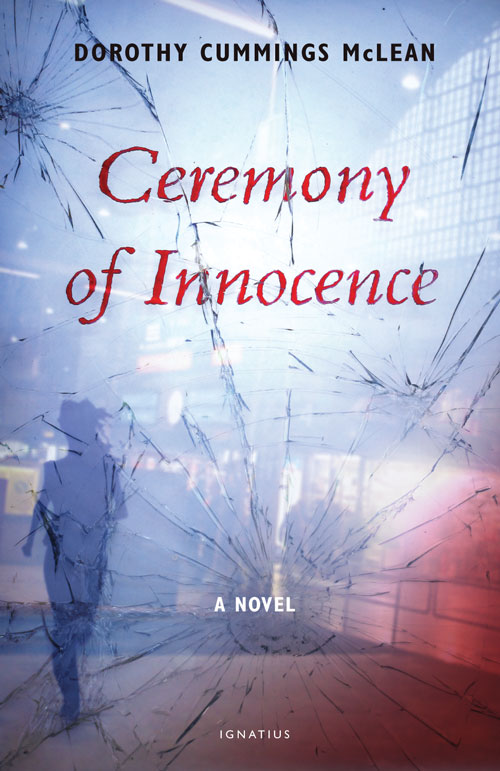
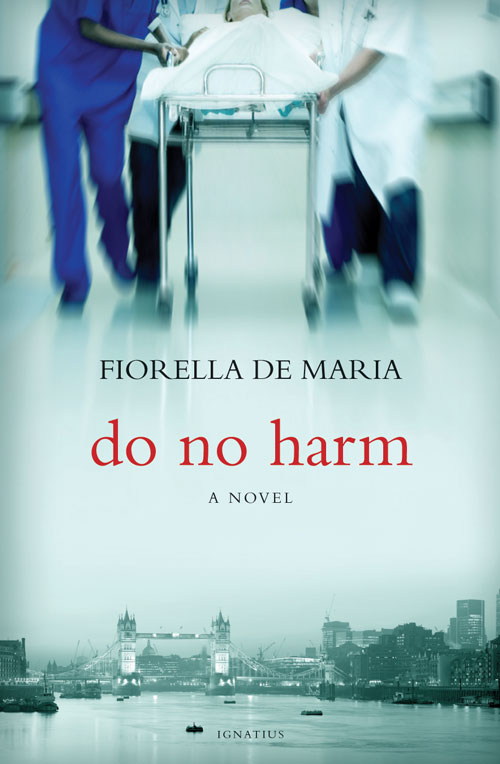
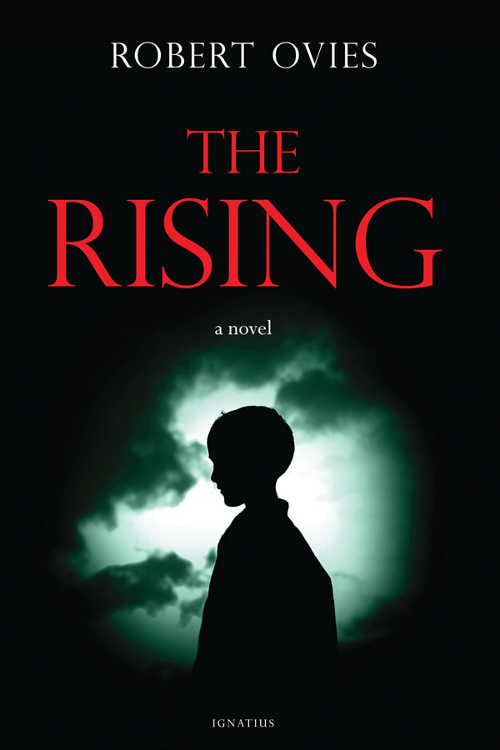
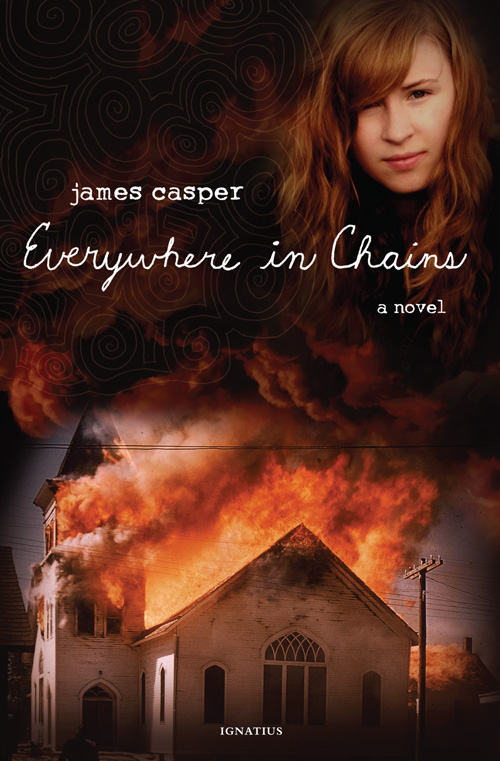
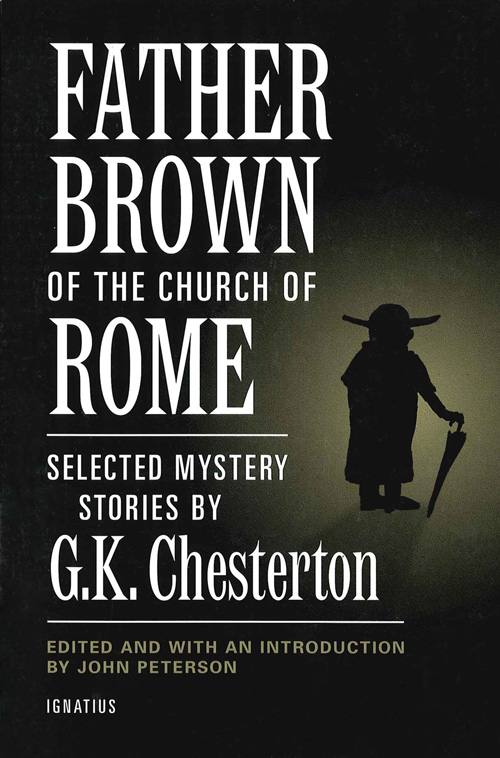
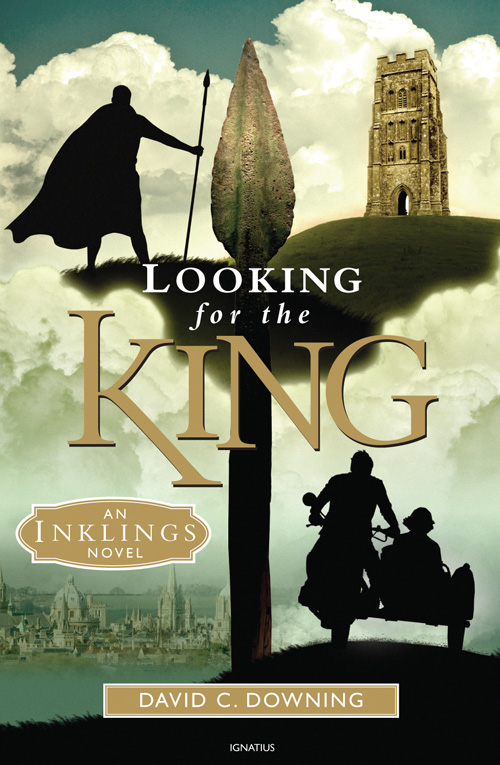
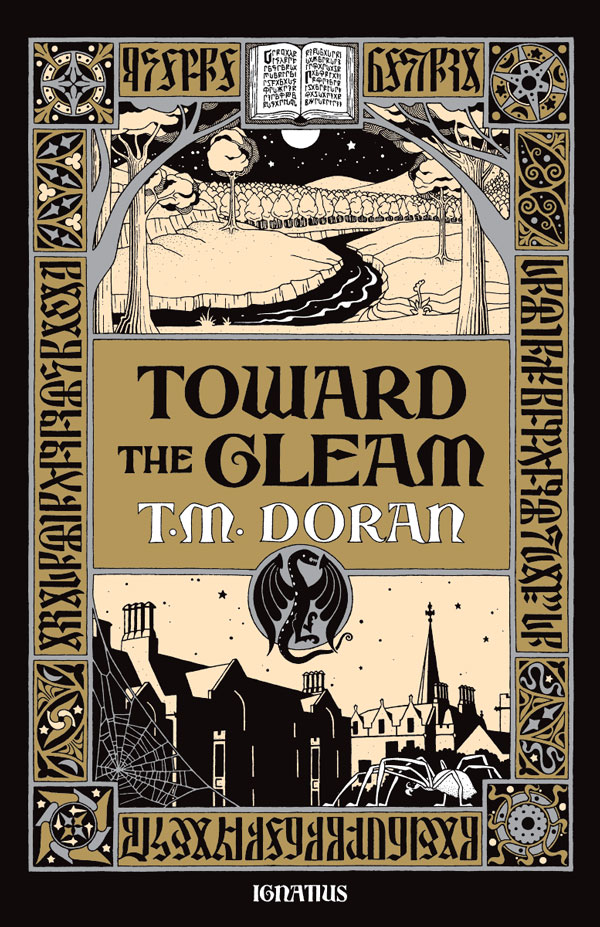
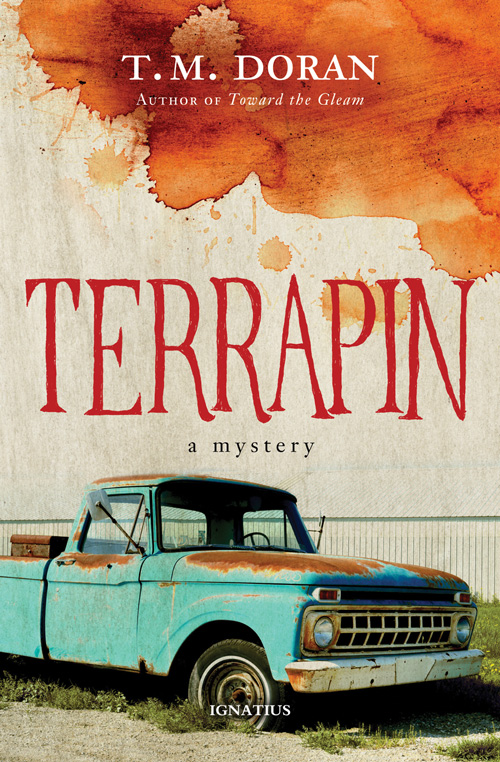
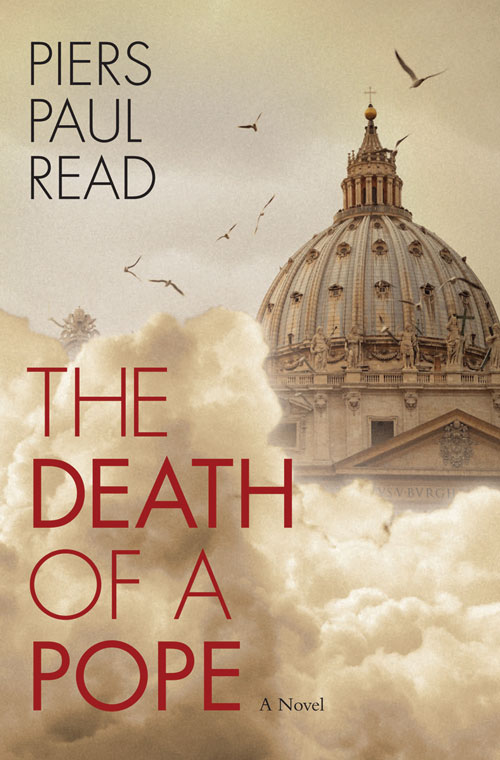
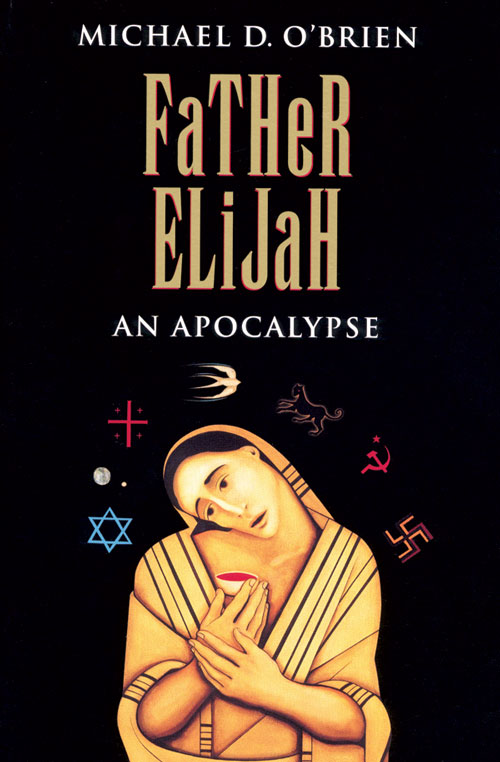
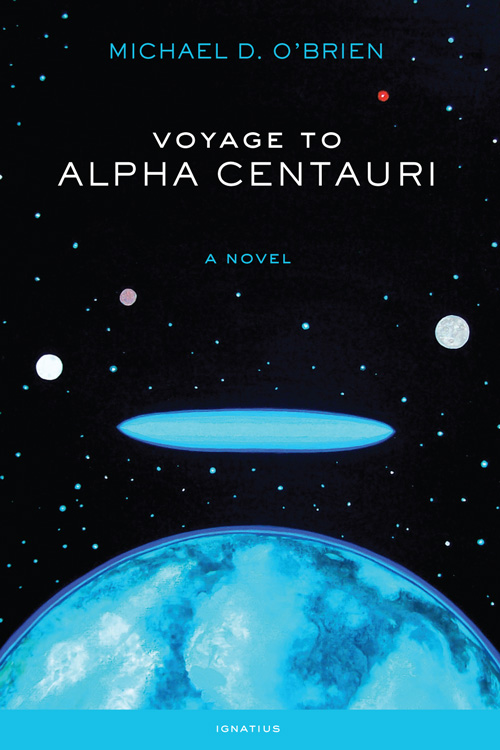

papekathleen
March 27, 2015 at 4:56 pm
Thanks for the suggestions! I was looking for some good books to send to a friend. They look like fiction…with a message.